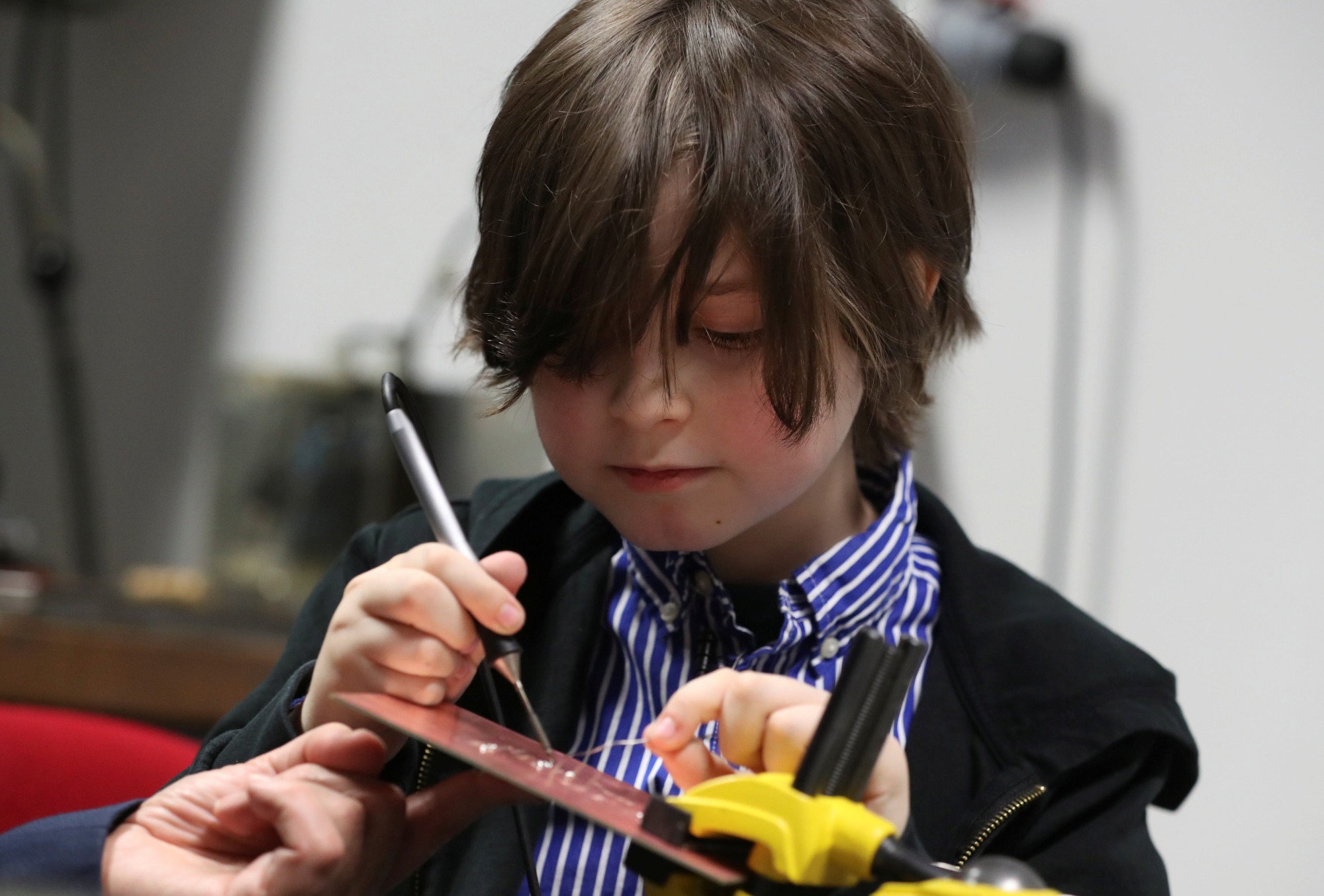As he cradles his young puppy in his arms, Laurent Simons looks much like any other 9-year-old boy. Then he starts describing his work at a university in the Netherlands, developing a computer circuit that will replicate a part of the brain.
"What we are doing is placing neurons and making connections, to see what the reaction is to medication in a part of the brain," he says of the brain-on-chip project, which combines the biomedical and electrical engineering fields.
With an IQ of 145, the Belgian boy wonder is on track to become the world's youngest university graduate when he completes a bachelor's degree in electrical engineering at Eindhoven's University of Technology next month.


















With your current subscription plan you can comment on stories. However, before writing your first comment, please create a display name in the Profile section of your subscriber account page.